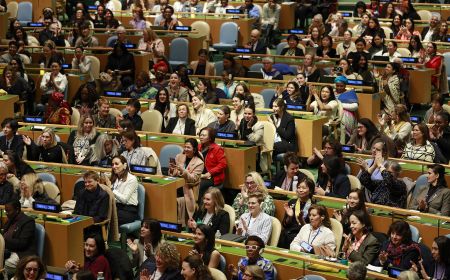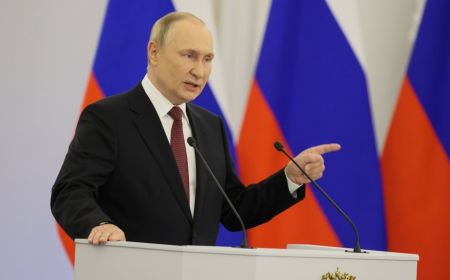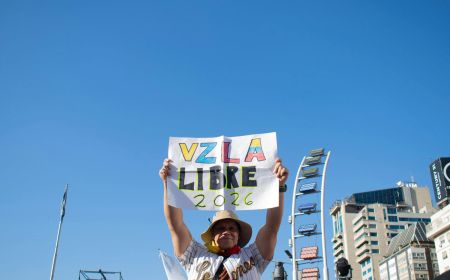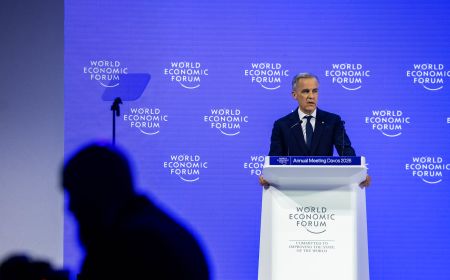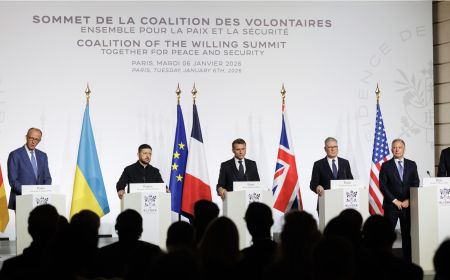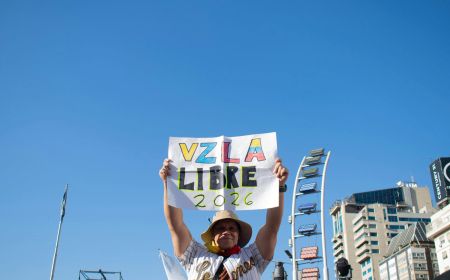The Women We Don’t See: Considering Intersectional and Decolonial Approaches in Ghana’s WPS Agenda
Ghana’s second National Action Plan on Women, Peace and Security phases out this year. As preparations to draft the third-generation National Action Plan are underway, critical questions surface: has the current plan actually served everyone well? Who was unseen or left out? Who disappears in the fine print? A close examination of GHANAP2 reveals how well-meaning policies can unintentionally…
